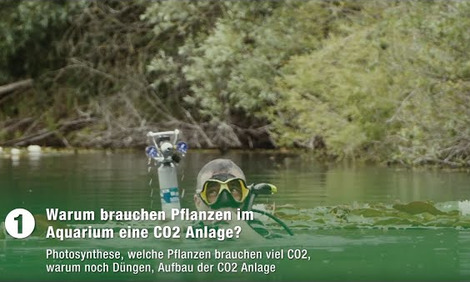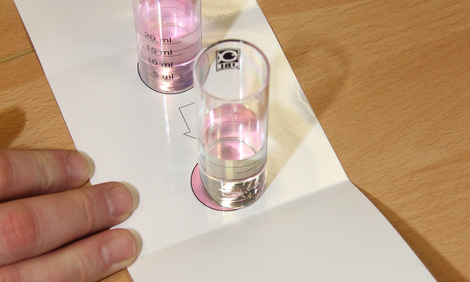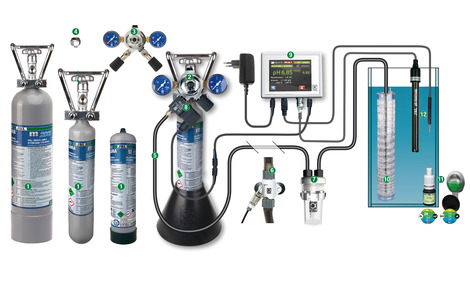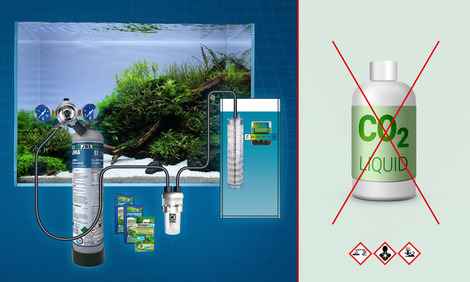In this video, biologist Heiko Blessin explains why plants need CO2 at all, why aquarium plants have different requirements and how to connect a JBL CO2 system. CO2 fertilisation for aquariums has never been explained more simply or more understandably!
Find out moreMagnificent plants thanks to a CO2 adapter
Now with free fertiliser pack
Profit with the #jbldeal from the free fertiliser pack worth €13,64 *
With this adapter you can easily retrofit your existing Dennerle CO2 system with disposable cylinders and from now on also use the JBL disposable CO2 cylinders PROFLORA u500, available throughout Europe. The adapter can be screwed on and your CO2 supply restored in just a few simple steps. For the love of your plants. It's as simple as that
Register your purchase of JBL PROFLORA ADAPT u Disposable on Dennerle to get your free fertiliser pack:


Log in
Log in with your myJBL access data or create your new myJBL profile for free.


Register ADAPT
Register your JBL PROFLORA ADAPT u Disposable on Dennerle with valid proof of purchase if the product's purchase date is between 01 Nov 2019 and 31 Dec 2021.


Free fertiliser pack
Your product registration will be checked by a JBL employee. If all data is valid and within the promotional period, a free fertiliser pack consisting of 1x JBL PROFLORA Ferropol 100ml and 1x JBL PROFLORA Ferropol Root (30 pieces) will be sent to your home within 14 days after registration.
Register now and get your free fertiliser pack!
*) You can register your JBL PROFLORA ADAPT u Disposable for Dennerle with this promotion, if it was purchased between 01 Nov 2019 and 31 Dec 2021. Just follow the three steps, register the product and get your free fertiliser pack worth €13.64. Participation is possible in the following countries: Belgium, Bulgaria, Germany, Denmark, Estonia, Finland, France, Gibraltar, Greece, United Kingdom, Guadeloupe, Ireland, Italy, Croatia, Latvia, Lithuania, Luxembourg, Malta, Martinique, Mayotte, Netherlands, Poland, Portugal, Réunion, Romania, Sweden, Slovakia, Slovenia, Spain, Czech Republic, Hungary, Cyprus, Austria.
Background knowledge about CO2 in the aquarium
If you are interested in CO2 plant fertilisation, below you’ll find a lot of interesting topics about the technical components, the biological background and the application of the various CO2 products in the aquarium.
Why do plants need a CO2 system in the aquarium? We will explain this in the following video:
The CO2 comparison: without / with
Have you ever seen with your own eyes how big the difference between a plant aquarium with and without CO2 fertilisation really is?



